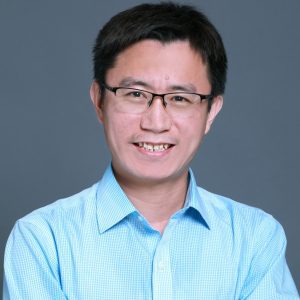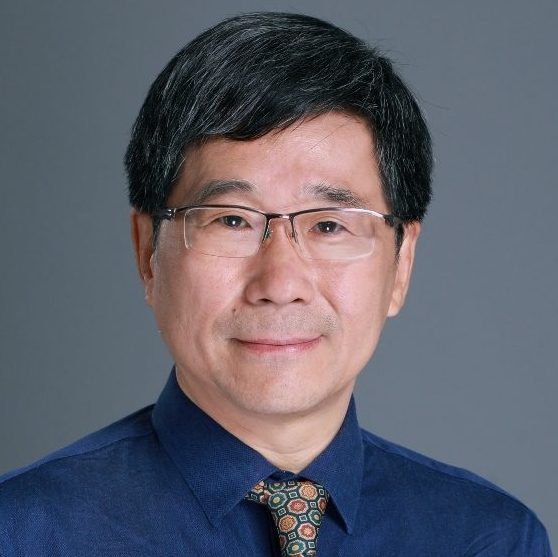This Tsinghua University course (graduate-level) is a part of the Global Hybrid Classroom (GHC) Certificate program.
In order to cultivate more international environmental governance talents, the School of Environment of Tsinghua University has organized relevant courses in this field and set up the certificate project of Environmental Governance. The certificate project is committed to cultivating talents engaged in China’s and global environmental governance through learning the analysis methods, policy instructions, and project development of environmental problems. As a result, overseas students and Tsinghua University students can combine relevant interdisciplinary background knowledge, expand students’ global vision and national and regional background, and improve their ability to analyze and solve problems of resource and environmental sustainability.
“Environmental Governance” certificate is compromised of 4 courses:
This Global Hybrid Classroom (GHC) Certificate also participated in the Global Open Courses (GOC) initiative, making some of the lectures openly available:
No posts
Global Hybrid Courses (GHC) is currently open to current students from overseas partner universities of Tsinghua University, and it’s free. If your university (instructor or students) would like to join the program and experience what it is like to teach and learn in a truly global classroom, please contact the Assistant Secretary-General of the Global MOOC Alliance at enoch@tsinghua.edu.cn or alliance@mooc.global.
How to attend our GHC courses?
- Tsinghua University will send the list of GHC courses to overseas partner universities every semester. These universities will notify students to enroll and priority will be given to students eager to take part
- Students from overseas partner universities have to complete the courses required by the GHC Certificate within a specified time. After completing each course, they will receive a GHC transcript issued by Tsinghua University.
- Students from overseas partner universities attending Tsinghua’s postgraduate courses, whose own universities do not allow for credit transfer, can enjoy credit exemption if they study for postgraduate degrees at Tsinghua University in the future.
How to apply for the certificate upon completion of the required courses?
- Please send your name, university, and GHC transcripts to us at alliance@mooc.global



